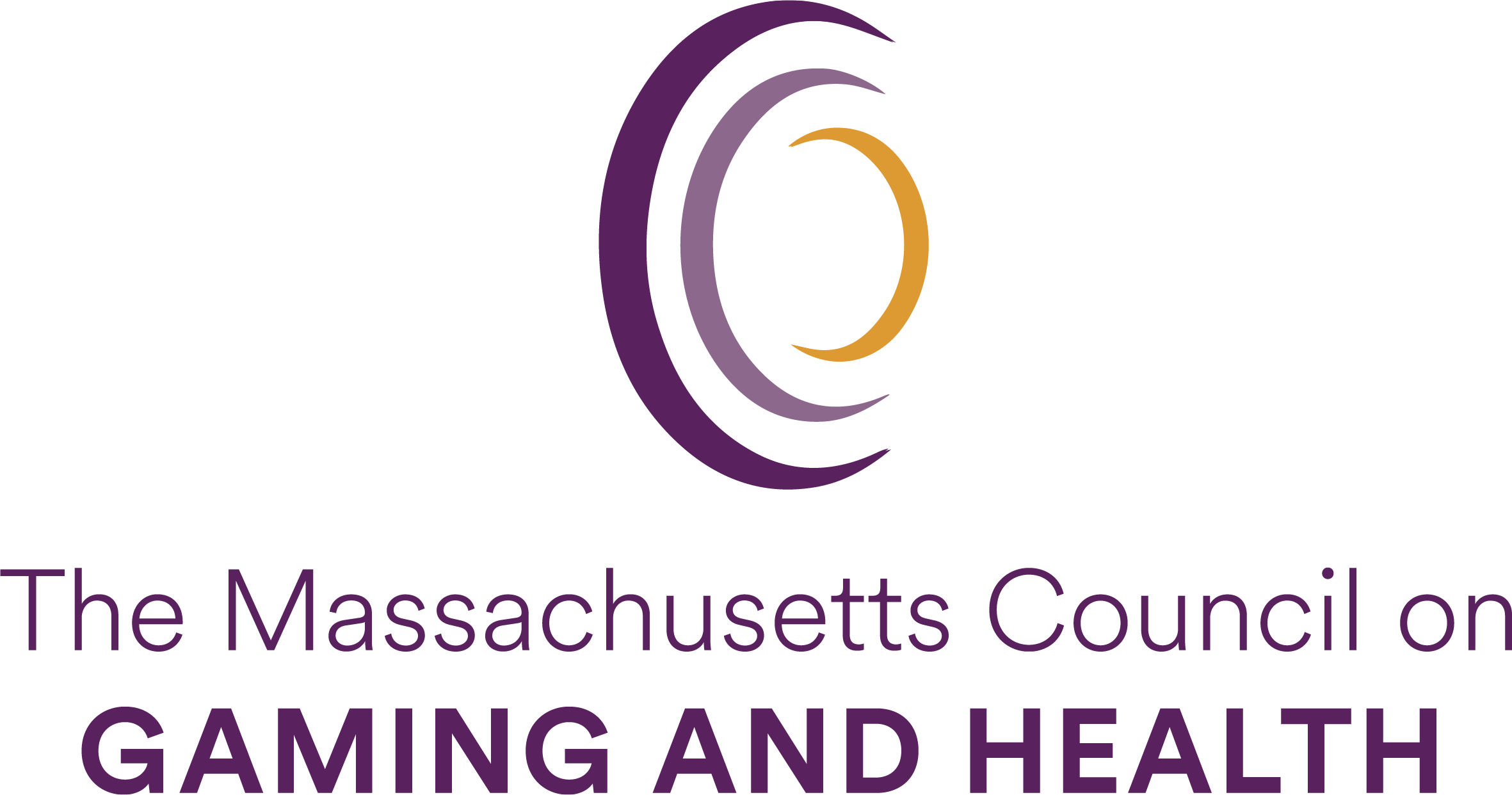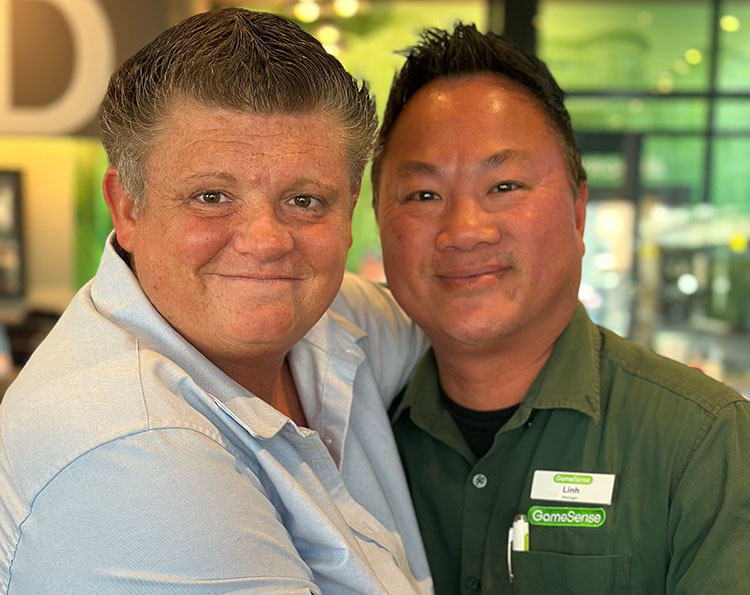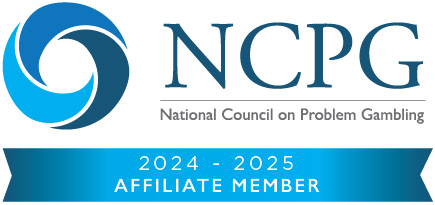By Sasha C. Russell, Communications Specialist, Massachusetts Council on Compulsive Gambling
Recently several Council staff members got together to view The Anonymous People. While the documentary did not discuss gambling disorder, the message is still relevant to the field of problem gambling and to people in recovery for gambling disorder.
As summarized on the website Many Faces 1 Voice (MF1V), “The Anonymous People is a feature documentary film about the 23.5 million Americans living in long-term recovery from addiction to alcohol and other drugs. Deeply entrenched social stigma and discrimination have kept recovery voices silent and faces hidden for decades. The vacuum created by this silence has been filled by sensational mass media depictions of people in active addiction that continue to perpetuate a lurid public fascination with the dysfunctional side of what is a preventable and treatable health condition. Just like women with breast cancer, or people with HIV/AIDS, courageous addiction recovery advocates are starting to come out of the shadows to tell their true stories. The moving story of The Anonymous People is told through the faces and voices of the leaders, volunteers, corporate executives, and celebrities who are laying it all on the line to save the lives of others just like them. This passionate new public recovery movement is fueling a changing conversation that aims to transform public opinion, and finally shift problematic policy toward lasting recovery solutions.”
Though the film discussed the importance of sharing one’s recovery story to help break down societal stigmas about addiction, filmmaker, Greg Williams, was careful to not identify any individual as being part of a 12-step group, nor did he film inside any 12-step meetings. MF1V notes that, “The project team has deep respect and admiration for the long-standing, beautiful tradition of anonymity at the level of film. The project uses the lessons learned from The New Recovery Advocacy Movement to uphold this sacred trust, while presenting various perspectives of what this tradition means for people in recovery. It is an undeniable fact that recovery is bigger than any one particular pathway, and the issues we must overcome together are bigger than any single component of recovery.”
Communications Director, Margot Cahoon, connected the themes of the film to her own work at the Council. She explained, “As Communications Director, it is my job to make people understand what gambling disorder is, and to care about the cause. The best way to do this is by asking those in recovery to share personal experiences about how the disorder impacted them or their family members. Reporters from print, radio, and TV are always willing to tell these stories, but getting people to participate is a huge challenge.”
On a personal level, this film caused me to sit back and think about the people in my life that are struggling with various addictions. Unfortunately, the majority of people I know, even those in my own family, feel ashamed to discuss their problems and even their recoveries. They feel the brunt of the stigma and pressures that society places on people and families that are dealing with addiction. For example, in 2013 my uncle passed away as a result of a drug overdose. I suggested that everyone wear a purple ribbon, the symbol of overdose awareness, and that we pass them out to people who came to show their respect. My suggestion was denied because, “Then people will know.” The curious thing about that response was that the majority of people there, if not everyone, did know the truth. The truth remained as an unspoken elephant in the room, for fear that it would cause disgrace to a good man’s reputation. What people and society forgets, is that having an addiction, substance or non-substance, does not make someone a bad person.
The Mass. Council has a program called Wisdom Exchange. It is a collection of stories about problem gambling—stories of strength and triumph, stories that share experience, stories that remind us of what’s important and encourage us to persevere. We encourage people in recovery for gambling disorder, their loved ones, and professionals to share their stories so that we can all work together to break down the stigmas surrounding gambling addiction. However, it is very hard to get people to tell their stories, mostly due to fear, shame, or, in some cases, they’re worried about breaking the tradition of anonymity. As Margot puts it, “Addiction in general is stigmatized… gambling addiction maybe even more stigmatized. I understand how hard it is and how brave someone has to be to talk publicly about addiction.”
It takes a great deal of courage to begin the road to recovery no matter what pathway one takes or what beliefs one has about recovery. The film touched upon the tradition of anonymity. Margot continues, “The people interviewed in the movie seemed to feel that the tradition was misinterpreted over the years. In turn, they feel that anonymity has done a disservice to those struggling with addiction, and those working to build understanding and de-stigmatize the issue.”
The film provided a lot of insight into recovery. Program Specialist, Amanda Poggenburg, stated, “Anonymous People was a thought provoking movie. I particularly enjoyed the history behind the recovery movement. Learning about where it came from and the people behind it give hope to others in moving forward.”
Being in recovery herself, Intervention and Recovery Support Coordinator, Jodie Nealley, said, “This was a wonderful documentary! I found the parts about how being in recovery has been viewed and how those views have changed, thanks to the work of so many dedicated individuals, interesting and inspiring. I, personally, am proud of being in recovery and always have been. This film can now help others feel the same way.”
Should you have the chance to watch The Anonymous People, it is highly encouraged. If you are in recovery from gambling, or are a loved one or professional impacted by gambling disorder, and want to share your story, please contact Communications Specialist, Sasha C. Russell, at 857.383.3563. In the meantime, please check out past stories that have been shared through Wisdom Exchange.






